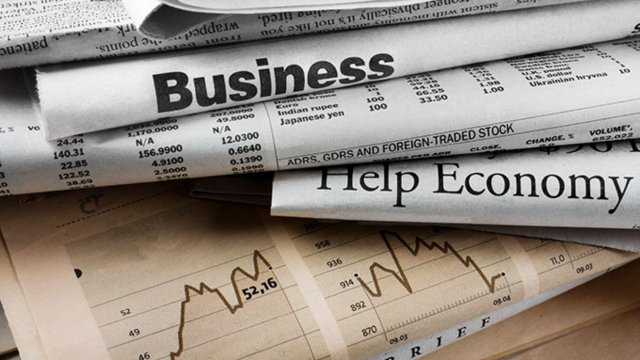The Japanese economy remains on a course to stabilize its inflation. For the last few months, the Bank of Japan (BOJ) has been repeating its plan to continue QQE until the 2% inflation is stable and on Thursday, BOJ Kuroda reiterated this intention.
The following Forex news reports are the latest developments of the Forex market. The news reports are updated frequently and include all the events that affect the foreign exchange trading industry.
Most Recent
The Euro came under heavy sell pressure in the wake of comments made by an ECB official regarding the economic need for additional stimulus.
China’s cooler than expected inflation numbers brought Asian stocks down Tuesday while producer prices continued their slide to a 43rd straight month.
Top Regulated Brokers
Earlier in the trading session, the Pound Sterling had taken center stage among major currencies with a huge M&A deal giving the Pound a short term lift.
With prospects of a Fed interest rate hike fading any time soon, the U.S. dollar remained sluggish Tuesday, hovering at three-week lows against most other currencies.
Just when we thought excessive oil supplies would continue to keep oil prices at their lowest, oil producers outside the Organization of Petroleum Exporting Countries are reporting on a drop in crude numbers despite a rise in global oil demand.
Chinese markets are on the move again and some bankers are saying that the country's stock market correction is "almost over."
This looks like being a fairly quiet week ahead, especially on Monday which is a public holiday in the USA, Japan and Canada. It should be a fairly quiet week for the Forex market, with scheduled data releases focusing mostly on the USD and GBP.
As a result of the Fed decision not to raise interest rates in September and with little confidence that it will do so by the end of this year, together with the rise in some industrial commodities the currency was down against most of the major and emerging market currencies for the second consecutive week.
Bonuses & Promotions
The minutes of the September Federal Reserve meeting released on Thursday indicated that an interest rate hike was certainly justified at the time but policy makers decided that waiting for more evidence of a global economic slowdown was a wiser course of action.
As investors await the Federal Reserve Bank release of its latest protocol and minutes, the Dollar was pushed lower versus the Euro as traders ponder the possibility of a 2015 rate hike.
Oil prices seem to be edging up slowly. Despite the sudden increase in U.S. stockpiles, crude oil futures rose in early Asian trade on Thursday with additional trading from Chinese traders following a week long National Day holiday period.
The Bank of Japan’s optimistic outlook for the Japanese economy helped to push the Japanese Yen broadly higher.
Asian stocks zoomed up Wednesday hitting a seven-week high as oil prices boosted resource shares and emerging economy currencies.
The Aussie Dollar took the lead among the major currencies after the Reserve Bank of Australia left interest rates unchanged.



